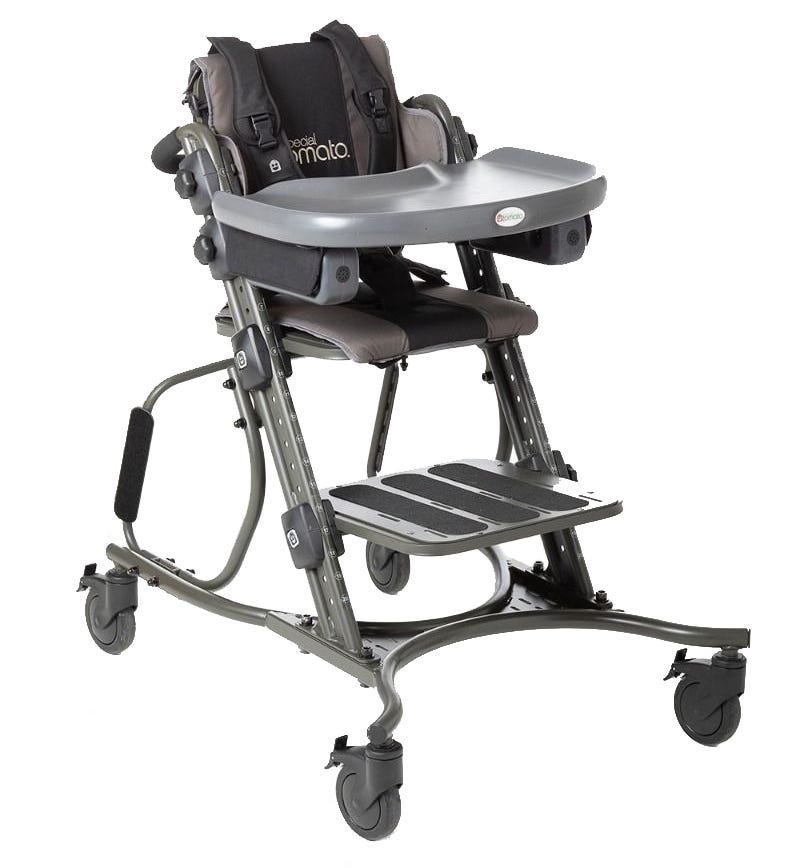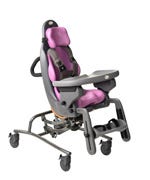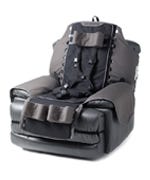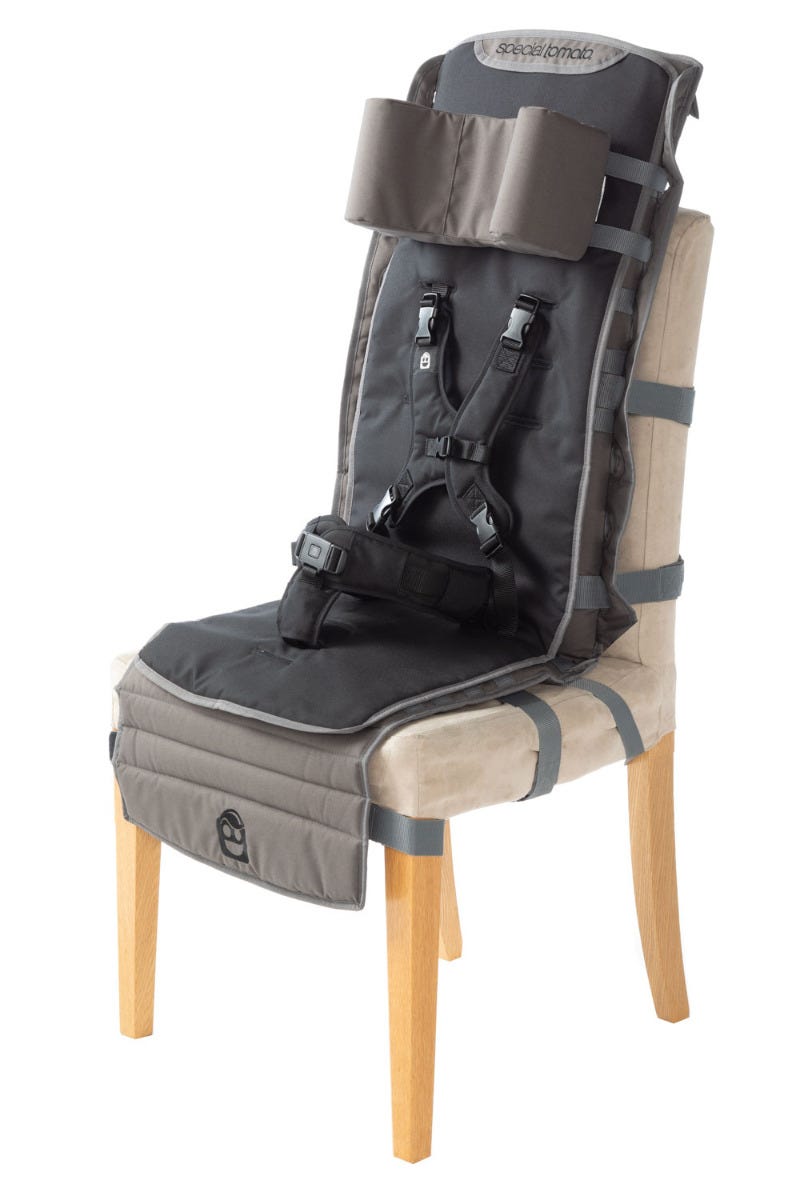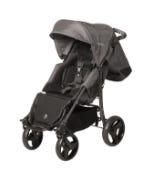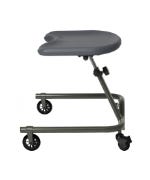Down Syndrome Support
With World Down Syndrome Day right around the corner on March 21st, there is no better time to share the abundance of resources that are available for individuals who have been diagnosed with Down Syndrome and those that support them. Down Syndrome International and the United Nations have collaborated on this event since 2006 and bring together the best the world has to offer in the following areas:
- Showing how effective and meaningful participation of persons with Down syndrome can be achieved via accessible information and communication, good support and inclusive consultation
- Empowering persons with Down syndrome, those supporting them and their representative organizations, to advocate for effective and meaningful participation
- Reaching out to key stakeholders, including education, health and social care professionals, employers, community and public bodies, the wider disability movement, media and the wider community to disseminate this message and bring about change
Down Syndrome is a condition in which a person has an extra chromosome. Chromosomes are important because they carry the vast majority of a person’s genetic information. They determine how a baby’s body forms during pregnancy and how the baby’s body functions as it grows in the womb and after birth. Babies with Down Syndrome have an extra copy of chromosome 21. Down syndrome is the most common chromosomal condition diagnosed in the United States with approximately 6,000 children with Down syndrome born each year.
There are three types of Down syndrome that are difficult to differentiate without understanding an individual’s chromosomal makeup.
- Trisomy 21: About 95% of people with Down syndrome have Trisomy 21. With this type of Down syndrome, each cell in the body has 3 separate copies of chromosome 21 instead of the usual 2 copies.
- Translocation Down syndrome: This type accounts for a small percentage of people with Down syndrome (about 3%). This occurs when an extra part or a whole extra chromosome 21 is present, but it is attached or “trans-located” to a different chromosome rather than being a separate chromosome 21.
- Mosaic Down syndrome: This type affects about 2% of the people with Down syndrome. Mosaic means mixture or combination. For children with mosaic Down syndrome, some of their cells have 3 copies of chromosome 21, but other cells have the typical two copies of chromosome 21. Children with mosaic Down syndrome may have the same features as other children with Down syndrome. However, they may have fewer features of the condition due to the presence of some (or many) cells with a typical number of chromosomes.
It is important to remember that even though people with Down syndrome may have similar physical and behavioral characteristics, each person will have different strengths and weaknesses. Most people with Down syndrome will have an IQ (a measure of intelligence) in the mildly to moderately low range. Most young children with Down syndrome will be slower to develop language skills and motor skills than their typically developing peers. Early Intervention is a federally run program administered by each state that provides services for children who are experiencing delays in their development. Services can include speech, occupational and physical therapy as well as special instruction and others. These services can often help babies and young children with Down Syndrome develop their full potential.
Below is a listing and short description of some of the well-established organizations that provide support to people with Down syndrome.


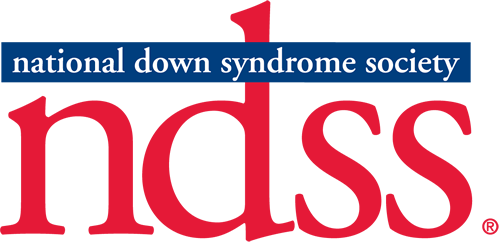

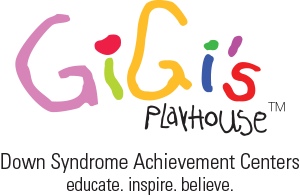







- National Down Syndrome Congress (NDSC) is a not-for-profit organization dedicated to an improved world for individuals with Down syndrome. Founded in 1973, it is a leading national resource of support and information for anyone touched by or seeking to learn about Down syndrome, from the moment of prenatal diagnosis through adulthood. The purpose of the NDSC is to promote the interests of all people with Down syndrome and their families through advocacy, public awareness, and information. They have fostered a network of local and regional groups across the country to reach out and embrace thousands of people with Down syndrome, their families, friends and the professionals who support them.
- National Down Syndrome Society (NDSS) is the leading human rights organization for all individuals with Down syndrome. The National Down Syndrome Society envisions a world in which all people with Down syndrome have the opportunity to enhance their quality of life, realize their life aspirations and become valued members of welcoming communities.
- GiGi’s Playhouse offers a lifetime commitment to families with it’s mission and purpose being defined as changing the way the world views Down syndrome by sending a global message of acceptance for all. They change lives through consistent delivery of free educational, therapeutic-based and career development programs for individuals with Down syndrome, their families and the community, through a replicable playhouse model. They currently have more than 45 brick and mortar Down Syndrome Achievement Centers across the United States and Mexico and 200 inquiries to start new locations all over the world. Every day, they provide FREE, life-changing therapeutic, educational and career training programs for 30,000+ individuals of all ages.
- National Association for Down Syndrome (NADS) is the oldest organization in the country serving individuals with Down syndrome and their families. It was founded in Chicago in 1961 by parents who chose to go against medical advice and raised their children with Down syndrome at home. Their pioneering efforts have made it easier for later generations of individuals with Down syndrome to be accepted by their families and communities, to develop their capabilities, and to work towards independence.
- Global Down Syndrome Foundation is a public non-profit 501(c)(3) dedicated to significantly improving the lives of people with Down syndrome through research, medical care, education and advocacy. Formally established in 2009, the Foundation’s primary focus is to support theLinda Crnic Institute for Down Syndrome, the first academic home in the United States committed solely to research and medical care for people with Down syndrome. Since Down syndrome is the least-funded genetic condition in the United States, fundraising and government advocacy to correct the alarming disparity of national funding for people with Down syndrome is a major goal. In 2006, a summit gathering organized some of the world’s best scientists, including Nobel Laureate Tom Cech, to explore the possibility of break-through research for people with Down syndrome. That same year, the idea of the first academic home for Down syndrome research was born.
- Down Syndrome Resource Foundation (DSRF) states its mission to be the empowerment of individuals with Down syndrome to reach their full potential throughout life by pioneering and providing educational programs and services, disseminating information, and changing attitudes.
Receiving the diagnosis of Down syndrome can be overwhelming. Rest assured you will not be on this journey alone. There are many who have very successfully walked this road before you and those that are more than willing to walk this road beside you. And you in turn just might be able to make the road a little bit easier for those who will follow you.


